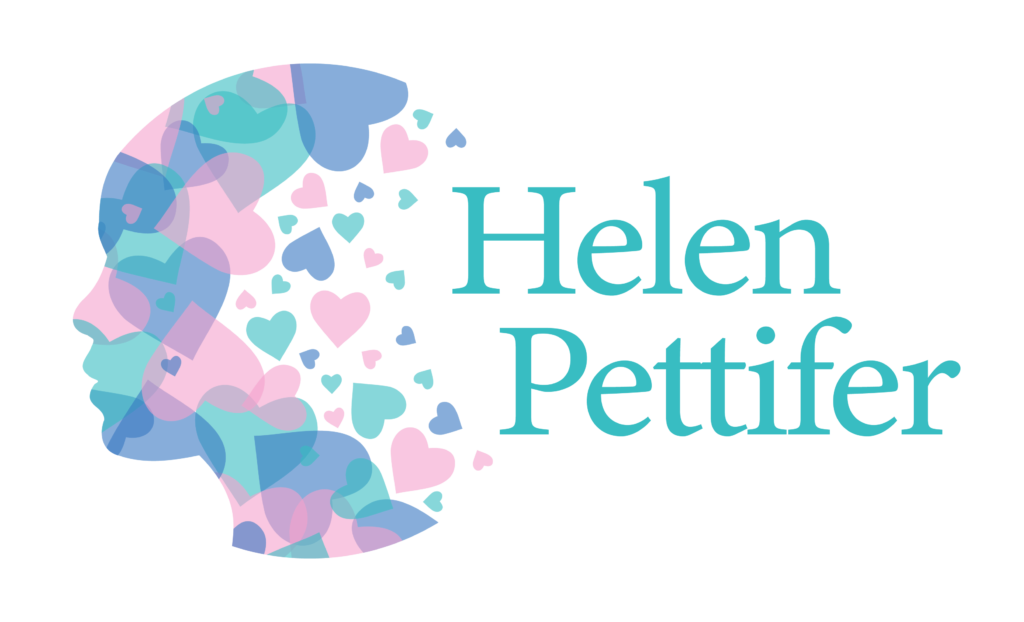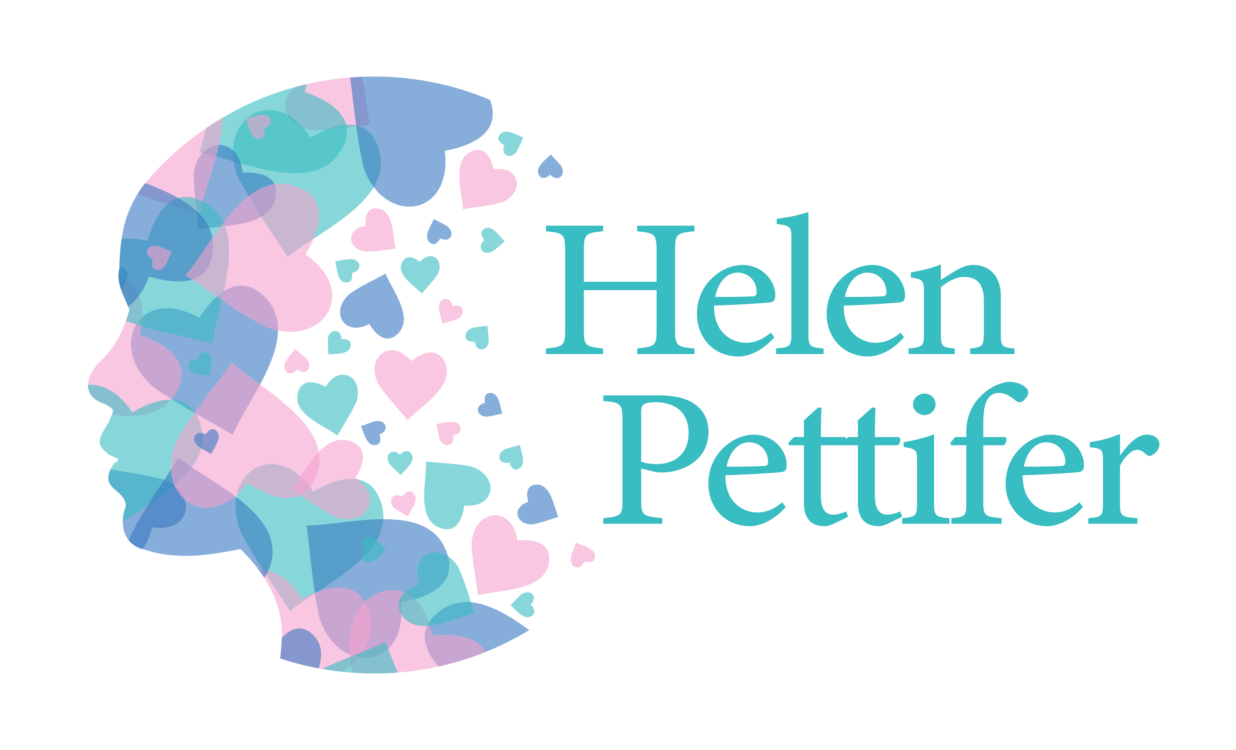Collaboration to Reduce the Risk of Suicide
In January 2023, the Government announced that a cross-party Suicide Prevention Strategy would be published this year. Encompassing the NHS, schools, transport services, prisons and the media, with advice from leading suicide prevention charities, it will make an interesting read. A collaborative approach is certainly needed to make a difference.
In 2016, the NHS 5-year Mental Health plan included a commitment to reduce suicide rates in England by 10% by 2020. Unfortunately, that target was not achieved and the number of deaths by suicide has remained largely unchanged for 17 years.
I believe we all have a role to play in reducing the number of people who feel they have no other option but suicide. From early intervention to risk management, I share how individuals and organisations are playing a part in reducing the risk of suicide.
Individuals Making a Difference to Those in Crisis
Suicide Prevention Volunteers
Across the country, thousands of volunteers undertake training to respond to calls from those in crisis. There are several suicide prevention helplines and Samaritans alone answer a call every 10 seconds.
Suicide Prevention Fundraisers
Following the death of her brother, Strictly’s Shirley Ballas has been sky diving, wing walking and flying down the fastest zip wire to raise funds for suicide prevention charities. Many other individuals are undertaking feats of endurance to raise awareness and money to enable suicide prevention charities to deliver life-saving services to those in crisis.
Suicide Prevention Innovators
A different approach was adopted by a cyber security specialist following her brother’s death by suicide. She checked his browsing history and found that his searches had led to sites that gave tips and encouragement to those contemplating taking their life.
Her response was to develop and launch R;pple, a plugin that can be downloaded onto devices. R;pple doesn’t track or register any personal information, but suicide searches are intervened. The tool directs the searcher to positive messages and links to support services. She has made R;pple free to download for registered charities, schools, parents and individuals.
How Organisations Can Reduce Suicide Risk
We spend a significant proportion of our day at work, so how we are treated in the workplace can ease or exasperate feelings of desperation. To reduce suicide risk, the company culture should be respectful and inclusive. Every member of the team must feel valued, with opportunities to connect and collaborate. Issues such as bullying need to be promptly addressed, whilst all positive contributions should be recognised and rewarded.
In addition, an environment where employees feel able to raise concerns can aid early intervention. An open and tolerant culture encourages individuals to seek support. As a starting point, share information on crisis helplines and support services in staff rooms.
Thirdly, I believe it is important for all members of the team to feel prepared and confident in responding to a crisis. They need clear information on what to do if colleagues or customers disclose suicidal intent.

How to Respond to Disclosures of Suicidal Intent
As a founder of WASP-UK, I believe it should be mandatory for all workplaces to have a Suicide Prevention Policy. This outlines the steps the organisation is taking to manage risk, as well as specifying the course of action following suicide disclosures. To encourage this action, WASP-UK has produced a free, downloadable policy template which can be edited to fit your company.
You may not believe that this is relevant to your employees or clients, but suicide is not restricted to a specific demographic. I found that the demand for my Managing Suicidal Conversations has been consistently high this year. A growing number of staff are reporting disclosures and they want to know how to handle this situation with sensitivity. They are aware that with the right approach, their actions could save a life.
Play a Part in Suicide Prevention
A Government Strategy is welcomed, yet there is an opportunity to make a bigger difference if more businesses embrace suicide prevention as part of their duty of care and workplace risk assessments.
Positive work environments, access to support without judgement and clear advice on responding to disclosures all make a difference.
About the author.

Helen Pettifer FRSA.
Helen Pettifer is Director of Helen Pettifer Training Ltd and a specialist in the fair treatment of vulnerable customers.
She has a background in call centre management and is committed to customer service excellence. Her training ensures front-line staff gain the awareness and resources to confidently identify and respond to signs of vulnerability.
Helen Pettifer is a British Standards Institution (BSI) associate consultant for BS 22458: 2022 Consumer Vulnerability, a Mental Health First Aider, a Suicide First Aider, a Dementia Friend, and a Friends Against Scams Champion. Recognised as a changemaker, she was invited to become a Fellow of the Royal Society of Arts in 2022.


